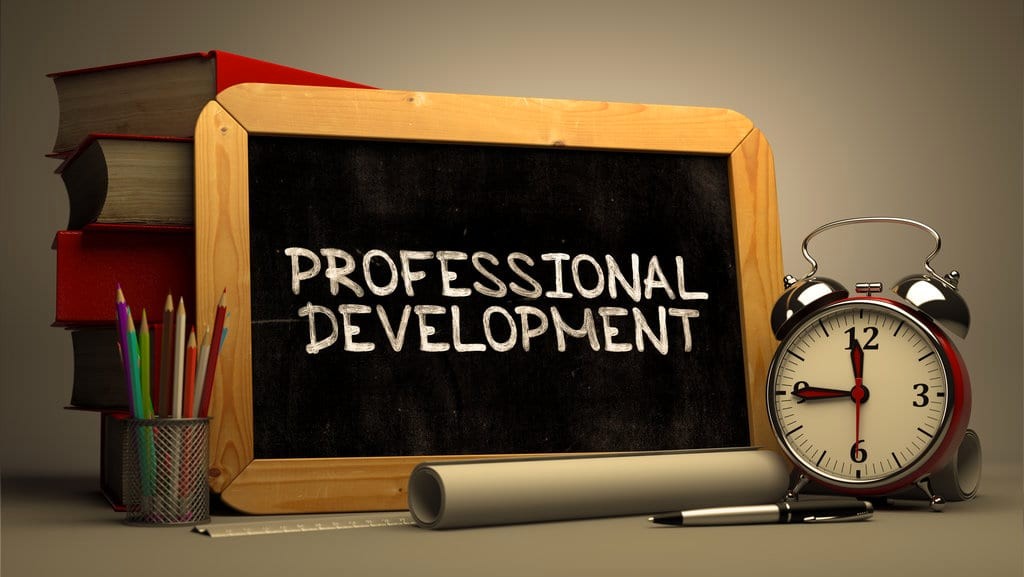At its most basic, professional development is defined as “education and training that occur throughout an individual’s working life in order to maintain and improve their proficiency in their profession.” In other words, it’s the ongoing process of honing your skills and knowledge so that you can stay sharp and ahead of the curve in your field.
There are many different ways to approach professional development, but some of the most common include attending workshops and seminars, pursuing higher education, reading industry-related books and articles, or receiving on-the-job training from a more experienced colleague.
Why Is Professional Development Important?
There are a few key reasons why professional development is important, both for individuals and for organizations as a whole. First, ongoing professional development helps to ensure that employees are up-to-date on the latest trends and best practices in their field. This, in turn, makes them better equipped to do their jobs and leads to improved job performance. Additionally, professional development can help employees to identify opportunities for career advancement within their company, which leads to higher job satisfaction and motivation levels. Finally, well-rounded employees who have gone through professional development courses tend to be more engaging and successful when working on project teams.
Types of Professional Development Activities
As we mentioned earlier, there are many different types of professional development activities that employees can pursue. Some popular options include:
-Attending conferences or workshops related to your field
-Pursuing higher education (e.g., earning a master’s degree or PhD)
-Reading industry-related books and articles
-Receiving on-the-job training from a more experienced colleague
-Engaging in online learning through MOOCs or other online resources
– Participating in trade associations or networking groups
Conclusion:
Professional development is important for both individuals and organizations. It helps employees stay up-to-date on the latest trends and best practices in their field, which leads to improved job performance. Additionally, professional development can help employees identify opportunities for career advancement, leading to higher job satisfaction and motivation levels. Finally, well-rounded employees who have gone through professional development courses tend to be more successful when working on project teams. There are many different types of professional development activities that employees can pursue, including attending workshops and seminars, pursuing higher education, reading industry-related books and articles, receiving on-the-job training from a more experienced colleague, or engaging in online learning through online resources like the ones offered by Meirik. For more details about professional development, don’t hesitate to contact our experts team.





